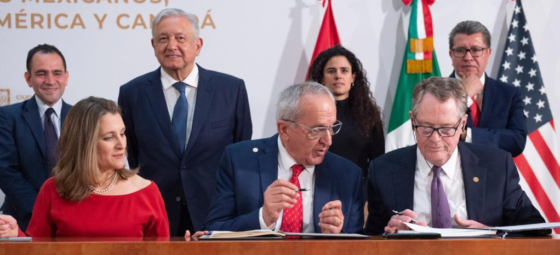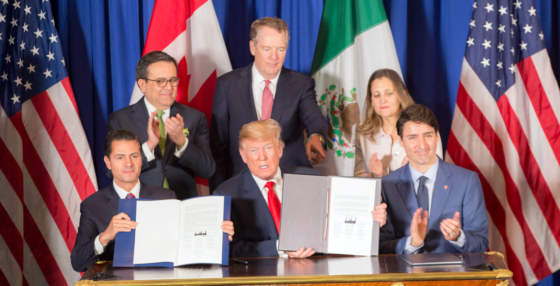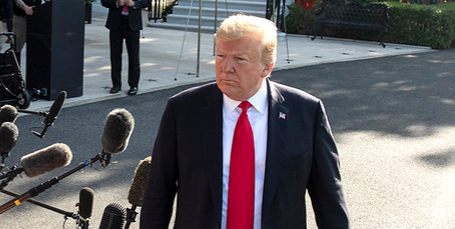
What Are the Most Important Changes to the USMCA?
How will the changes affect the three North American countries, and which sectors are set to gain or lose the most from them?
Tamara Kay is an associate professor of Global Affairs and Sociology at the Keough School of Global Affairs at the University of Notre Dame. She works on issues of trade, labor, social movements, globalization, organizations, and global health.
Her work centers on the political and legal implications of regional economic integration, transnationalism, and global governance. She is interested in how organizations and social movements — particularly labor and environmental movements, and NGOs and non-profits — respond and adapt to processes of regional economic integration and globalization.
She began her academic career at Harvard where she was associate professor of Sociology and co-director of Harvard’s Transnational Studies Initiative. She also taught at the University of New Mexico. Kay received her Ph.D. from the University of California, Berkeley in 2004 and spent two years as a post-doctoral fellow at the Center for US-Mexican Studies at the University of California, San Diego. She received her B.A. in sociology and art theory and practice from Northwestern University.
Kay is a frequent commentator for the Latin America Advisor.
How will the changes affect the three North American countries, and which sectors are set to gain or lose the most from them?
How likely is the U.S. Congress to approve USMCA this year, and what sorts of complications would pushing its ratification into 2020 bring? How are political dynamics affecting the deal’s passage? If the trade pact is delayed further, to what extent will North America’s manufacturers suffer?
What effect will the tariffs have on the economies of both countries, and how has the private sector reacted?

